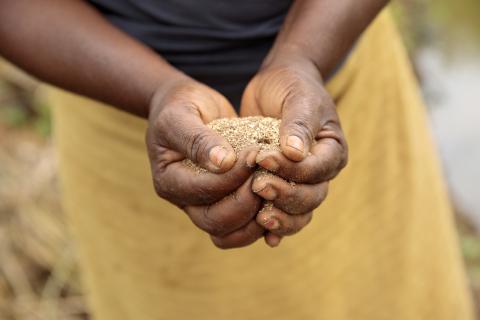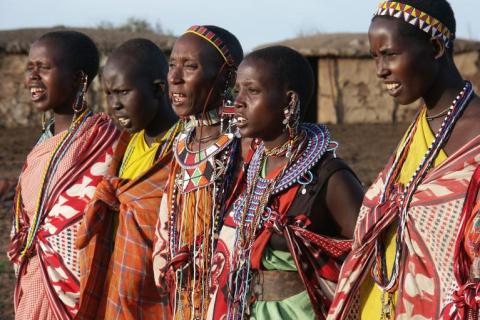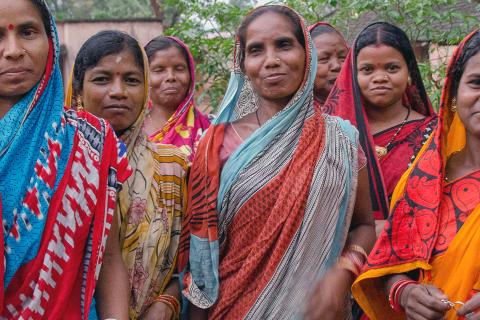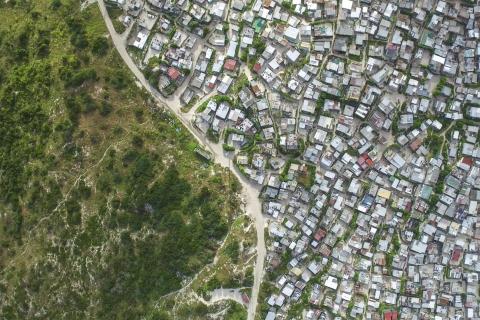Recuento de seminario web: La Seguridad de Tenencia la Tierra Revisada
El 15 de diciembre de 2022, el equipo de gestión del conocimiento de LAND-at-scale organizó un seminario web sobre la seguridad de la tenencia de la tierra: ¿Sabemos lo que necesitamos saber? en el que se presentaron las conclusiones preliminares de un estudio sobre la seguridad de la tenencia elaborado por Guus van Westen y Jaap Zevenbergen. La presentación del estudio fue seguida de sesiones de trabajo sobre la seguridad de la tenencia y su relación con los derechos de la mujer a la tierra, el papel del Estado, los conflictos por la tierra y el desarrollo económico, facilitadas por expertos en tierras y panelistas que informaron al plenario sobre los debates con sus respectivas reflexiones sobre las conclusiones del estudio.





